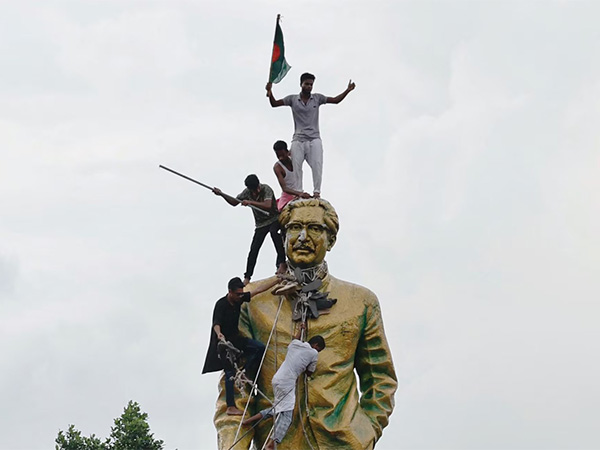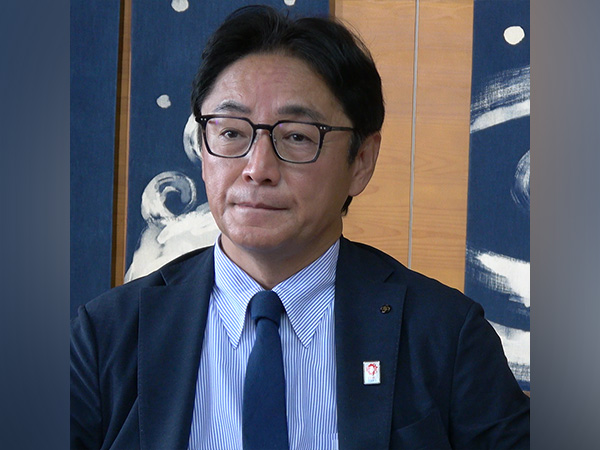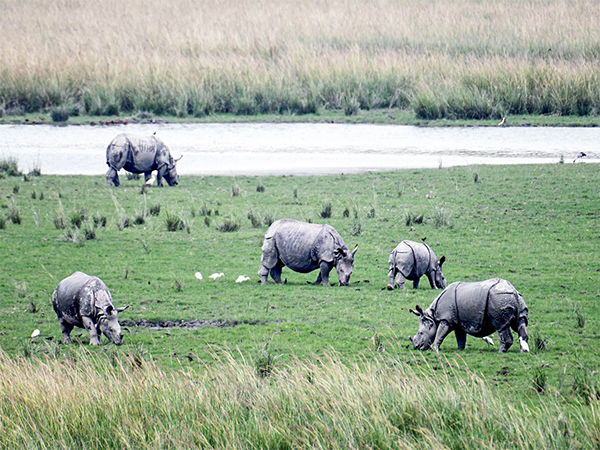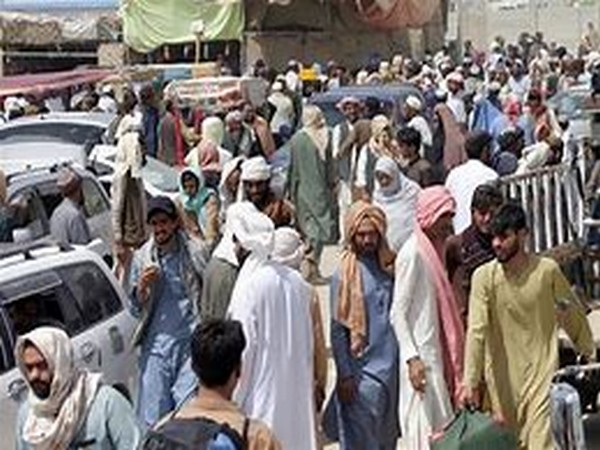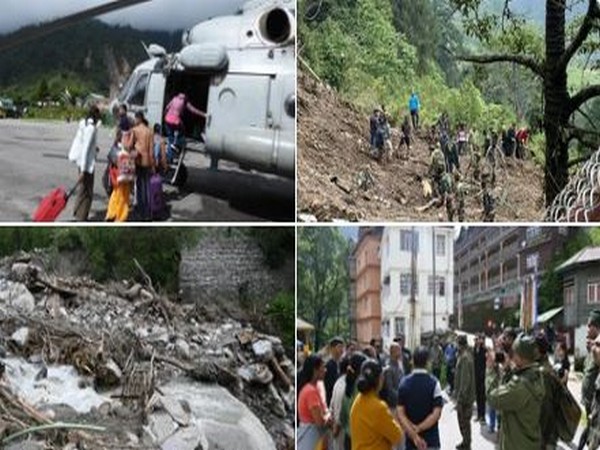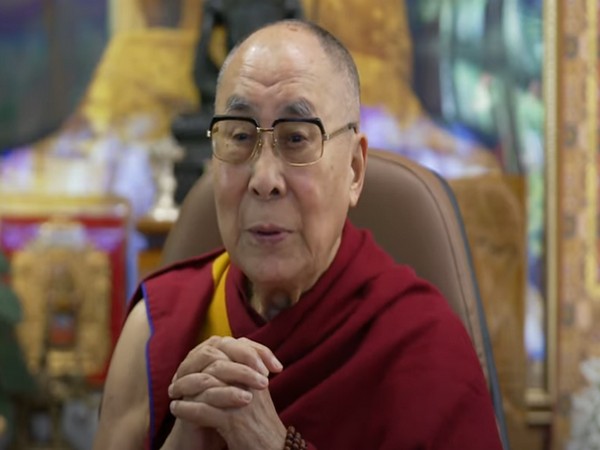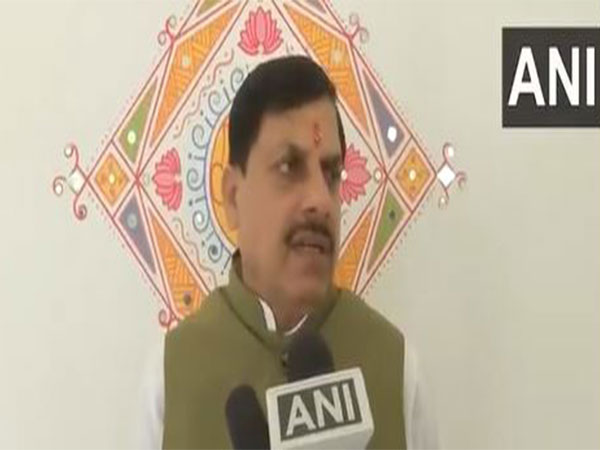Actor and filmmaker Jackie Chan has an interesting revelation about the first ‘Rush Hour’ movie. During his recent appearance on The Kelly Clarkson Show, he shared his working experience in the film and the challenges he faced while shooting it.
‘Rush Hour’ is a 1998 cop action comedy film directed by Brett Ratner and written by Jim Kouf and Ross LaManna from a story by LaManna. It stars Jackie Chan and Chris Tucker as mismatched police officers who are assigned to rescue a Chinese diplomat’s abducted daughter. Its box office commercial success led to two sequels: Rush Hour 2 (2001) and Rush Hour 3 (2007).
On talking about the film, Chan said, “The whole movie, I don’t know what Chris Tucker’s saying,” he added, “Not a clue,” reported People.
Chan later shared that in “every shot” his dialogue was “different” because of how much he struggled to understand. “My dialogue coach sits right behind the camera,” he continued. “Every scene, every shot, different dialogue.”
When asked if he ever shared about the challenges he faced, Chan replied, “Yes”
“I asked my dialect coach, ‘What did he say?’ He speaks so fast!” said Chan.
Chan said he ultimately learned English by listening to country music, as the songs are slower, reported People.
This revelation about ‘Rush Hour’ film came after Chan opened up about his favourite films in the trilogy.
“I don’t know. You know what, the first one: little money, little time,” said Chan about the original 1998 movie, adding,”We shot it like, ‘Go, go, go, go!’ The second one: a lot of money, a lot of time. The third one: too much money, too much time.”
“Too much money is no good,” Chan added.
On the possibility of ‘Rush Hour 4’, Chan revealed during his December 2022 appearance at the Red Sea Film Festival in Saudi Arabia that he was “talking” about it, according to People.
‘Karate Kid: Legends’ was released in theatres on May 30. (ANI)

